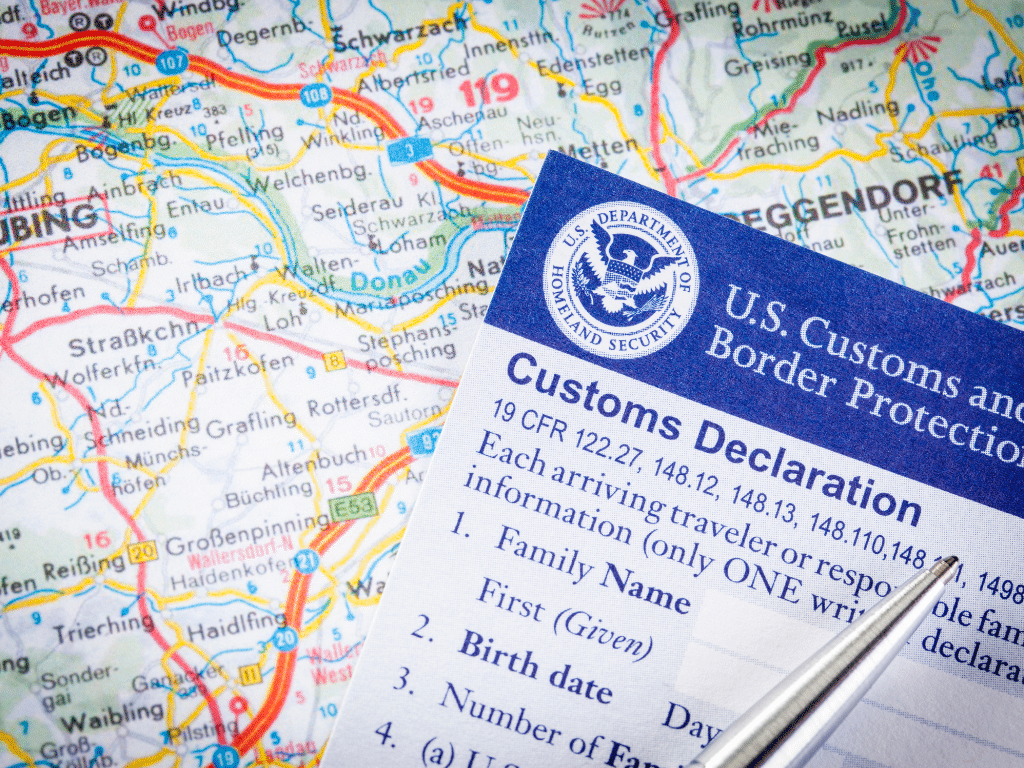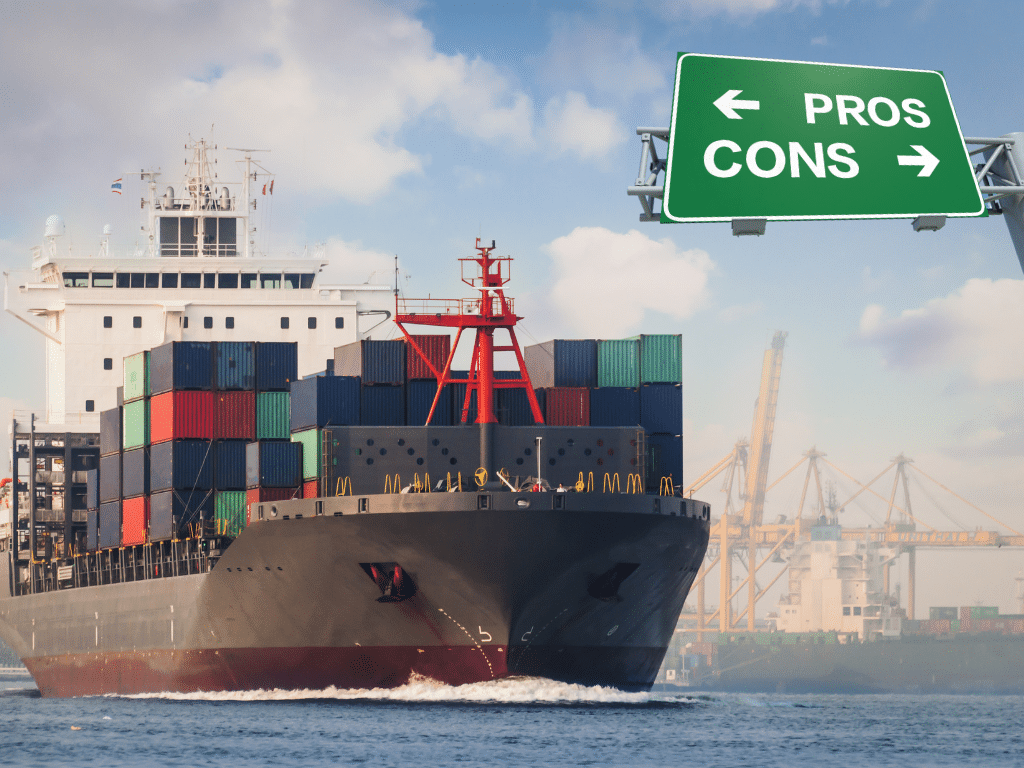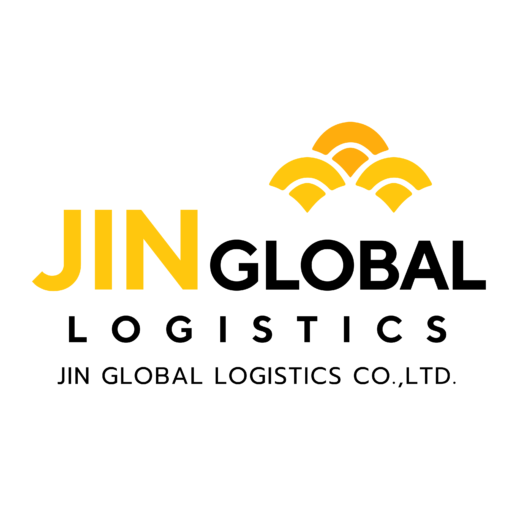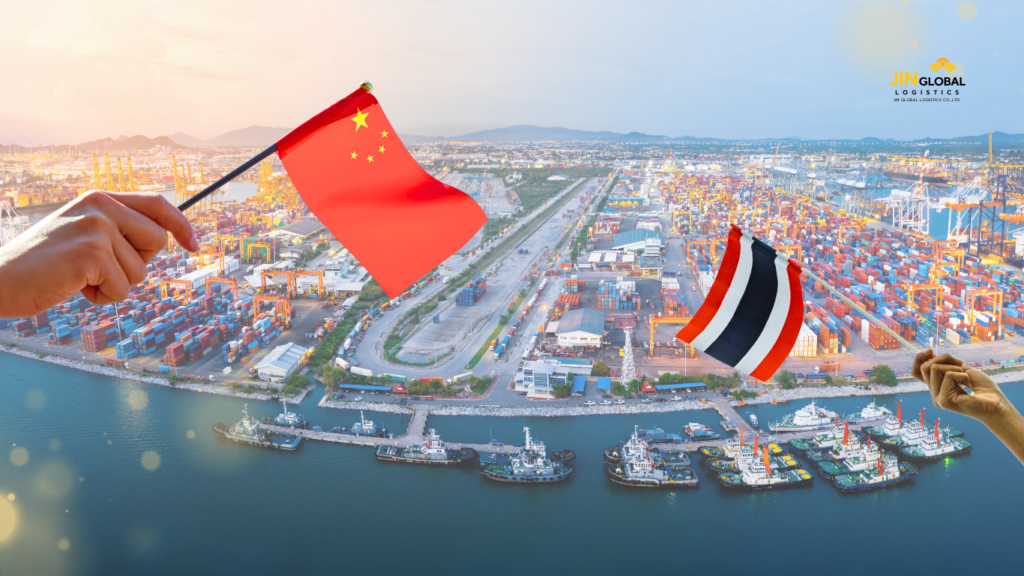China is one of the world’s largest manufacturing hubs, making it a key player in global trade. For businesses importing goods from China, understanding freight forwarding services is essential to ensuring smooth and cost-effective shipping. This article explores key insights for importers looking to navigate China’s freight forwarding landscape effectively.
Table of Contents
Understanding Freight Forwarding in China
Choosing the Right Freight Forwarder
Shipping Methods and Costs
Customs Regulations and Compliance
Common Challenges & Solutions
How to Verify the Reliability of Freight Forwarding Services in China
Pros and Cons of Freight Forwarding Services in China
Conclusion
Understanding Freight Forwarding in China
Freight forwarding is the coordination and shipment of goods from one location to another via single or multiple carriers. In China, freight forwarders facilitate transportation through air, sea, rail, and road, ensuring that shipments comply with regulations and reach their destination efficiently.

Choosing the Right Freight Forwarder
When selecting a freight forwarder in China, importers should consider:
- Experience & Reputation: Established forwarders with strong industry experience can navigate complex customs procedures and logistics.
- Service Offerings: Some forwarders specialize in certain modes of transport, while others provide end-to-end logistics solutions, including warehousing and customs clearance.
- Network & Partnerships: A well-connected freight forwarder ensures reliable and cost-effective shipping options.
- Customer Support & Tracking: Access to real-time tracking and responsive customer service is crucial for efficient supply chain management.

Shipping Methods and Costs
Importers can choose from different freight options based on their budget, timeline, and cargo type:
- Air Freight: Fastest but most expensive; suitable for high-value or time-sensitive goods.
- Sea Freight: Cost-effective for bulk shipments but slower; includes FCL (Full Container Load) and LCL (Less than Container Load) options.
- Rail Freight: A growing alternative for shipments between China and Europe, offering a balance between cost and speed.
- Express Shipping: Ideal for small parcels with urgent delivery needs.

Customs Regulations and Compliance
China has strict customs regulations, and non-compliance can lead to delays or penalties. Key aspects to consider:
- Proper Documentation: Bill of lading, commercial invoice, packing list, and customs declaration are required.
- Import Duties & Taxes: Different product categories are subject to varying tax rates.
- Restricted & Prohibited Items: Certain goods require special permits or may be banned altogether.

Common Challenges & Solutions.
- Shipping Delays: Plan shipments well in advance and work with reliable forwarders to minimize risks.
- Hidden Costs: Clarify all charges upfront, including surcharges, handling fees, and customs duties.
- Communication Barriers: Partner with English-speaking forwarders or work with an agent for smoother transactions.


- Check Licenses and Certifications.
1.1 Business License – Verify that the company has a valid Chinese Business License issued by the relevant authorities.
1.2Industry Certifications – Look for membership in reputable logistics organizations such as:
- FIATA (International Federation of Freight Forwarders Associations.)
- WCA (World Cargo Alliance.)
- CIFA (China International Freight Forwarders Association.)
- Assess Experience and Reputation.
– Years in Business – Established companies with many years of experience tend to be more reliable.
– Client Portfolio – Check if they have worked with well-known international companies.
– Customer Reviews – Look for feedback on platforms like Alibaba, Global Sources, Trustpilot, or Google Reviews.
- Evaluate Their Network and Partnerships.
– Shipping Carrier Partnerships – Reliable forwarders often partner with major carriers like Maersk, COSCO, DHL, FedEx, or UPS.
– Global Presence – Companies with offices or agents in multiple countries offer better logistics support.
- Verify Their Service Offerings and Transparency.
– Clear Pricing Structure – Ensure there are no hidden fees; request a detailed breakdown of charges.
– Tracking and Customer Support – A reliable forwarder should offer real-time tracking and responsive customer service.
– Customs Clearance Expertise – They should be knowledgeable about China’s customs regulations to avoid delays.
- Test Their Communication and Responsiveness.
– Professionalism in Communication – Prompt responses and clear explanations indicate a serious and capable forwarder.
– Language Support – English-speaking staff can help avoid misunderstandings in negotiations.
- Request References and Conduct a Trial Shipment.
– Ask for References – A trustworthy company should be able to provide contacts from past clients.
– Start with a Small Shipment – Test their services with a smaller order before committing to large-scale shipping.
By following these steps, you can identify a reliable freight forwarder in China that meets your business needs while ensuring smooth and cost-effective logistics.

Pros (Advantages).
- Expertise in Global Logistics.
- Chinese freight forwarders have extensive experience handling international shipments, ensuring smooth transportation and customs clearance.
- Cost-Effective Shipping Options.
- Due to China’s massive export industry, freight forwarders can negotiate competitive rates for sea, air, and rail freight.
- Strong Global Network.
- Many freight forwarders in China have established partnerships with major shipping carriers, ensuring reliable and flexible shipping routes.
- Diverse Shipping Methods.
- Offers multiple transport options such as air freight, sea freight (FCL/LCL), rail freight, and express shipping, allowing businesses to choose the most suitable solution.
- Customs Clearance Support.
- Experienced forwarders help navigate China’s strict customs regulations, reducing the risk of delays and penalties.
- Value-Added Services.
- Many freight forwarders provide warehousing, cargo insurance, packaging, and real-time tracking, enhancing supply chain efficiency.
Cons (Disadvantages)
- Communication Barriers.
- Some Chinese freight forwarders may have limited English proficiency, leading to potential misunderstandings in negotiations and logistics coordination.
- Hidden Fees and Unclear Pricing.
- Some companies may add unexpected surcharges, such as handling fees, fuel surcharges, or peak season charges. Clear pricing agreements are essential.
- Quality and Reliability Vary.
- While many forwarders are highly professional, some may lack experience or have poor customer service, leading to delays or lost shipments.
- Complex Customs Regulations.
- China’s customs laws are strict and frequently updated. Non-compliance can result in additional costs or shipment delays.
Conclusion .
Freight forwarding in China is a crucial part of global supply chains. By choosing the right forwarder, understanding shipping methods, complying with regulations, and preparing for potential challenges, importers can streamline their operations and reduce costs. Whether you are a small business or a large enterprise, a well-planned freight strategy will help you succeed in international trade.
Need help finding a reliable freight forwarder in China? Start by researching trusted logistics providers with strong industry experience and customer reviews.


